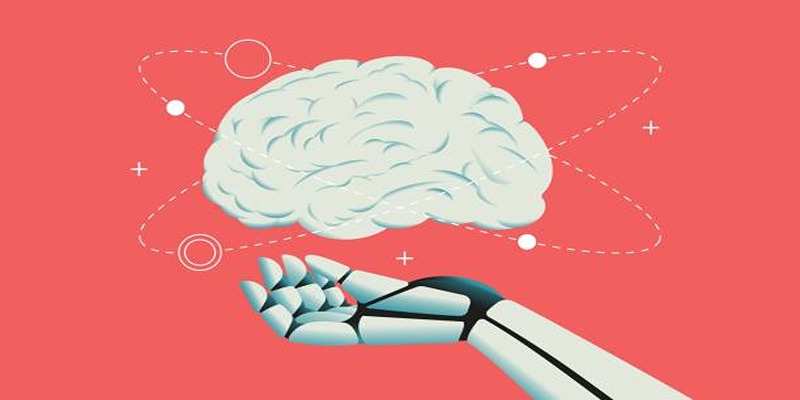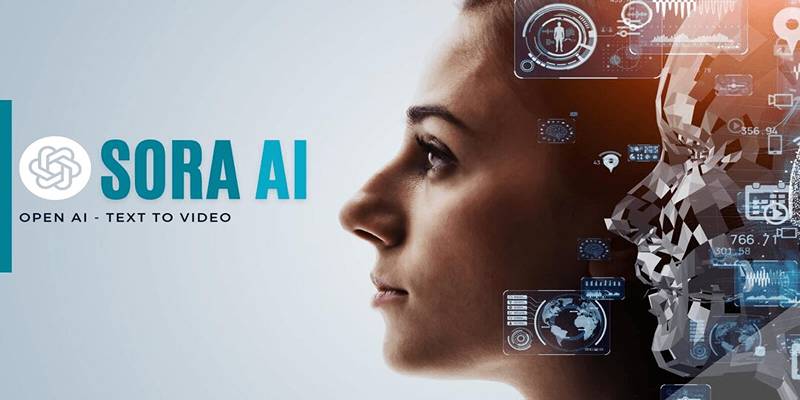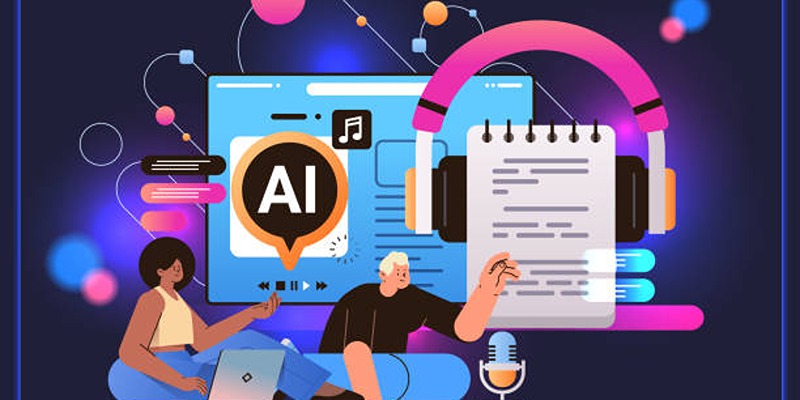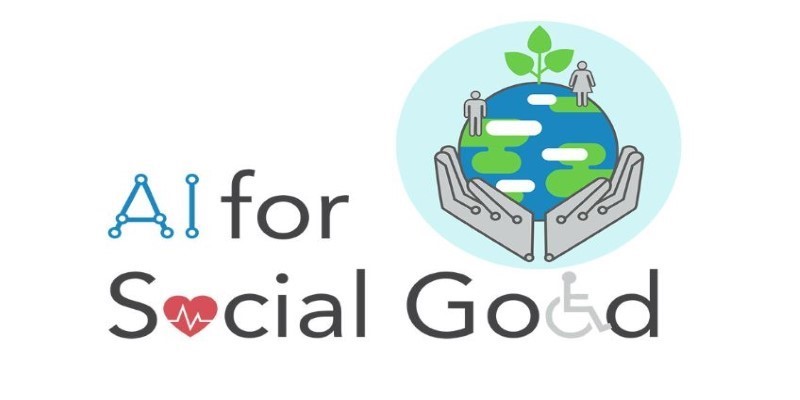Cognitive automation applies machine learning and artificial intelligence to imitate human decision-making processes to change the process of how things are done at companies. Cognitive automation bridges the gap between legacy automation and human cognition. Learn the basic fundamentals of cognitive automation, its benefits, practical examples, and why it can reshape organizational effectiveness.
What is Cognitive Automation?
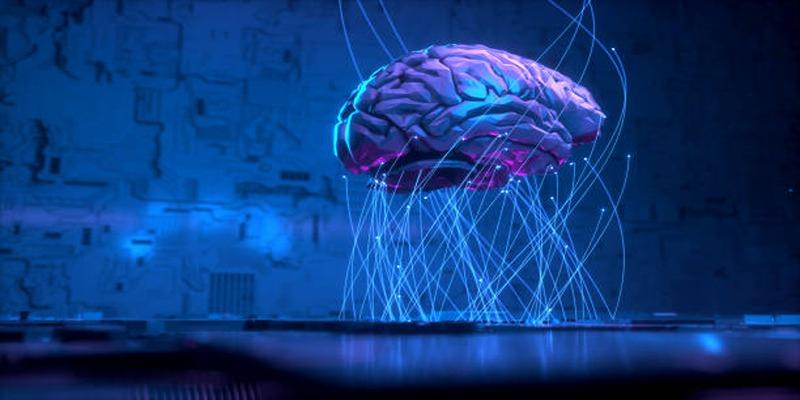
Cognitive automation leverages advanced technologies like artificial intelligence (AI) and machine learning (ML) to perform complex tasks traditionally dependent on human intelligence.
Unlike rule-based and repetitive tasks that come with conventional automation, cognitive automation enables systems to manage unstructured information, learn patterns, and handle unique situations. Cognitive automation synthesizes natural language processing (NLP), computer vision, and predictive analytics to run activities such as decision-making, problem-solving, and data analysis.
Relationship to AI and ML
Cognitive automation has a very close connection with artificial intelligence and machine learning. AI is the origin of the underlying intelligence that makes it possible for systems to mimic human behavior, while ML is the origin of learning and adaptation from experience.
Through repeated learning processes, cognitive automation systems enhance performance over time and get more accurate and efficient. The technologies complement each other to increase capabilities such as language interpretation, pattern recognition, and information processing, thereby pushing innovation and efficiency in many sectors.
How Cognitive Automation Functions
Cognitive automation is dependent on the interplay between machine learning (ML) and artificial intelligence (AI) in simulating human-level decision-making. These systems scan large amounts of data, learn patterns, and predict or make recommendations with precise accuracy. They revolutionize businesses' approaches to complex tasks by simulating thinking processes.
Data Analysis and Insights
Cognitive automation technologies are excellent at handling masses of data in real time. By filtering out structured and unstructured data, they can detect patterns, make actionable insights, and provide predictive analytics. This capability is essential for decision-making and enhancing operational effectiveness.
Improvement and Adaptation
These systems continuously learn and get smarter through data feeds and outputs. They refine their algorithms in iterative updates, which get more efficient and precise over time. This ability to learn makes cognitive automation more resilient the more complex and diverse problems it is exposed to.
Applications in Industries
Cognitive automation has emerged as a game-changer in most industries. Its capability to automate processes, minimize human intervention, and provide data-driven insights has opened up new dimensions of productivity and innovation. The following are major areas where cognitive automation is making a tremendous difference:
Healthcare
Healthcare's cognitive automation is transforming patient care and administrative activities. For instance, it helps to diagnose illnesses correctly by processing large amounts of data, such as medical history, imaging, and genetics. Also, it automates scheduling appointments, billing, and claims handling.
Through minimizing human errors and increasing accuracy, cognitive automation helps healthcare professionals provide quicker and more efficient treatment results, boosting patient satisfaction and business efficiency overall.
Finance
The banking sector gains significantly from cognitive automation through the automation of fraud detection, risk evaluation, and customer service. Sophisticated algorithms track real-time financial information to detect anomalies, allowing for quicker fraud prevention. Cognitive systems also improve investment strategies through the analysis of market trends and forecasting outcomes.
Through chatbots and AI-based tools, customer interactions become effortless, offering customized banking experiences. This technology not only lowers the cost of operations but also enhances security and trust, in line with the growing needs of digital transformation in the financial industry.
Manufacturing
Cognitive automation is streamlining production processes by providing predictive maintenance, quality assurance, and supply chain management. Cognitive automation uses actual data from the machines to foretell equipment faults in advance and decrease downtime, maintenance costs. It also secures product quality by detecting different defects at all stages of manufacture.
Cognitive automation also optimizes supply chain effectiveness by forecasting demand, optimizing the inventory, and streamlining the delivery time. These developments sum up to propel increased productivity, waste reduction, and sustainable manufacture practices.
Education

Education is transforming with the integration of cognitive automation, facilitating customized learning and administrative effectiveness. AI-driven solutions evaluate individual students' performance and adjust curricula to their individual requirements, enabling improved learning results. Cognitive automation also streamlines administrative functions like enrollment, grading, and allocating resources.
Based on data analysis, these systems enable teachers to determine areas in which students need special attention. Such innovative method promotes a more inclusive, effective, and interactive learning climate for both the students and educators.
Benefits of Cognitive Automation
Cognitive automation is revolutionizing various industries by enhancing efficiency, accuracy, and decision-making capabilities. Its applications are transforming the educational sector, healthcare, finance, and beyond, creating more streamlined processes and personalized experiences.
Streamlining Administrative Tasks
Mundane and time-consuming tasks like scheduling, grading, and enrollment are simplified by cognitive automation. The technology automates repetitive activities, freeing up time for staff to focus on strategic goals. This not only reduces human error but also optimizes resource use, ensuring a more efficient and smoothly functioning institution or organization.
Improving Decision-Making Processes
With the ability to process vast amounts of data quickly, cognitive automation supports informed decision-making. From evaluating risks in the finance sector to diagnosing illnesses in healthcare, it enables professionals to access insights with precision. This leads to more accurate, timely decisions that positively impact outcomes across diverse fields.
Driving Innovation and Efficiency
Cognitive automation empowers organizations with the tools to innovate while maintaining efficiency. By leveraging machine learning and advanced algorithms, businesses can adapt to changing circumstances, predict trends, and develop innovative solutions. This shift not only enhances productivity but also positions organizations for long-term growth in an increasingly competitive marketplace.
Conclusion
Cognitive automation represents a transformative force in today's technological landscape. By streamlining processes, enhancing decision-making, and fostering innovation, it equips organizations to thrive in a rapidly evolving world. The integration of intelligent systems not only drives efficiency but also unlocks new opportunities for competitive advantage and growth. As adoption continues to expand across industries, cognitive automation will remain a vital tool, empowering businesses and individuals.


